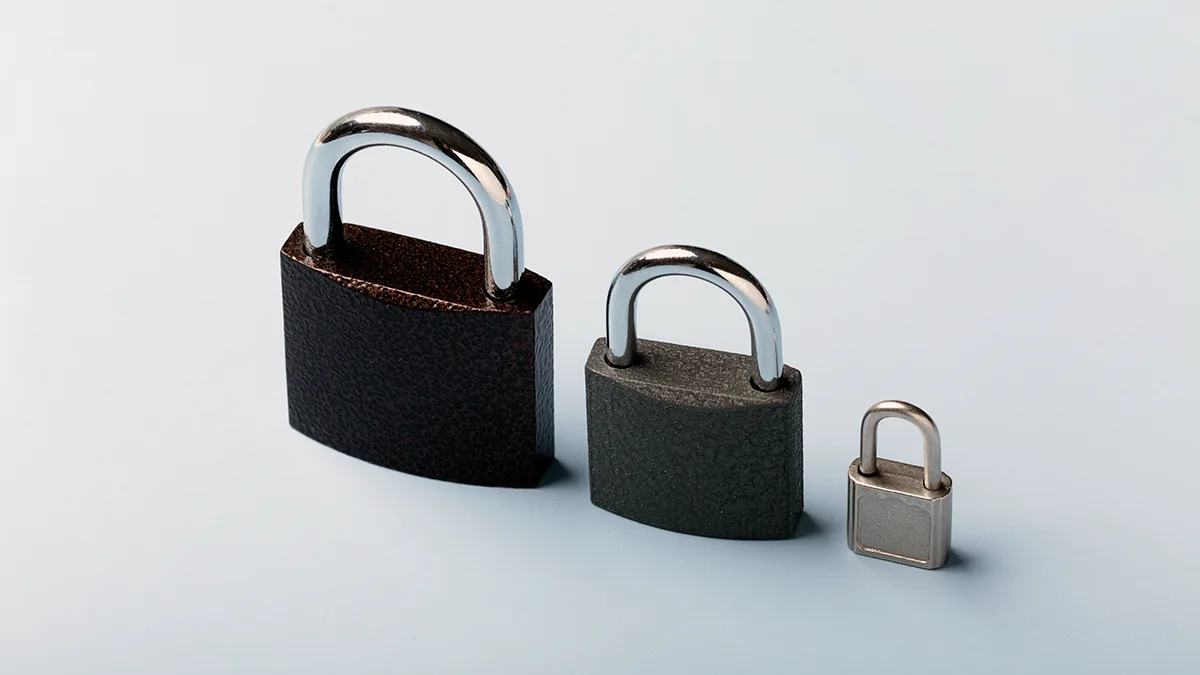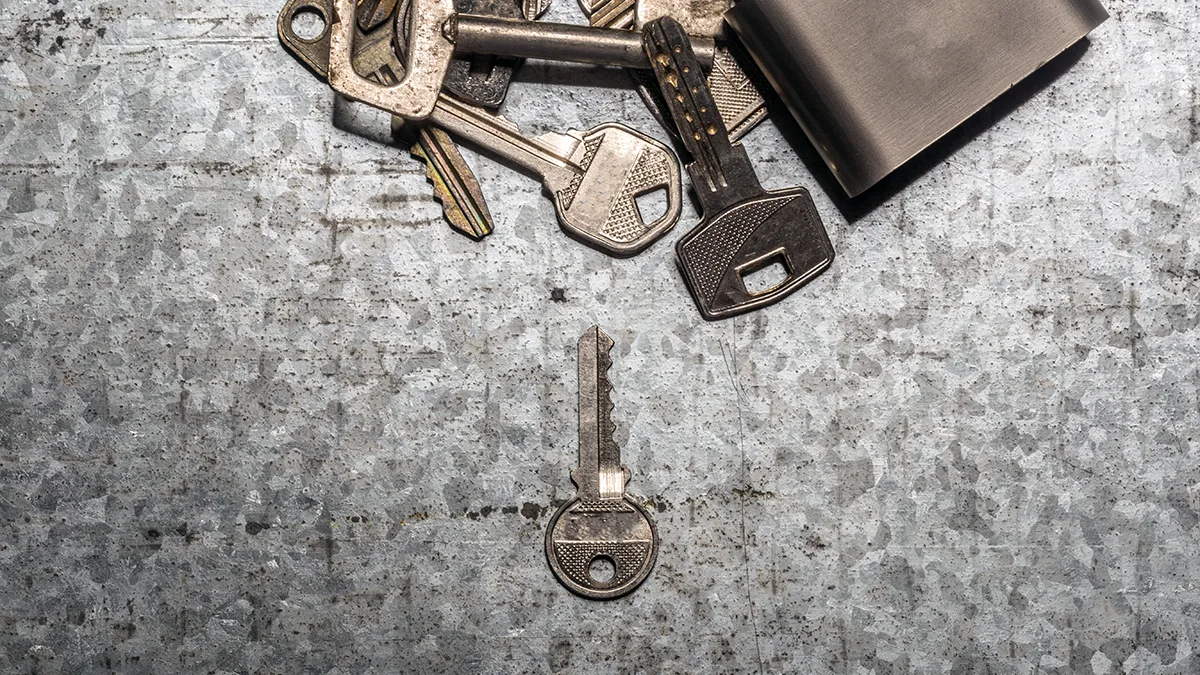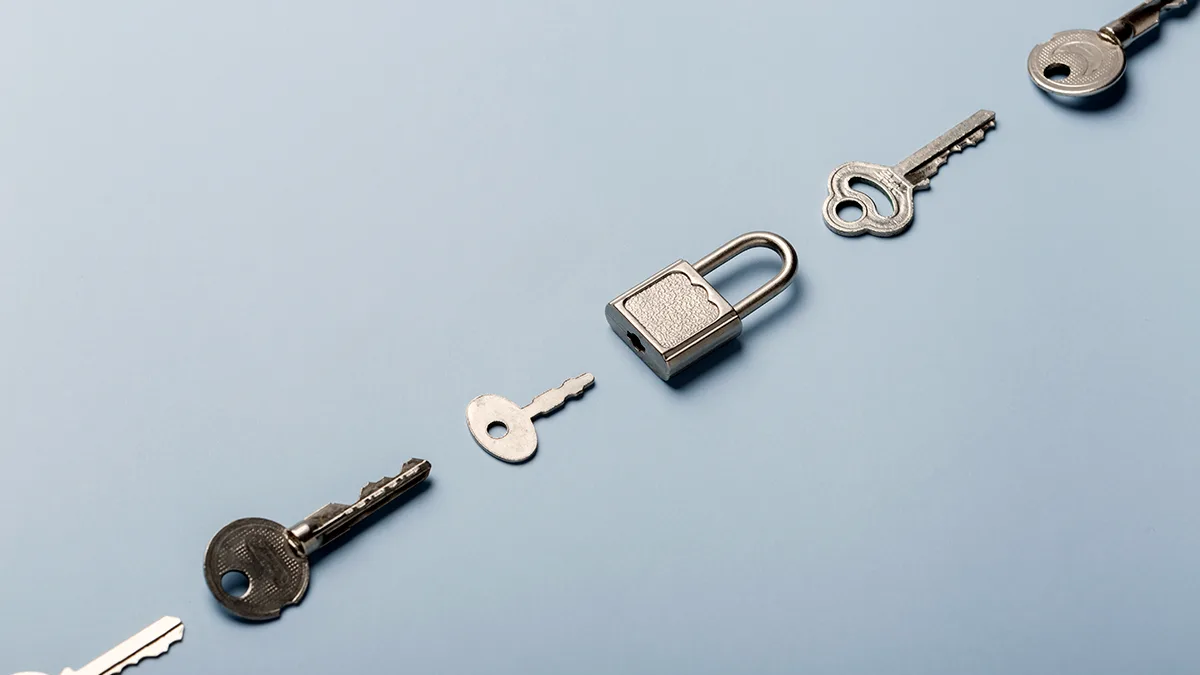The Hidden Costs of DIY Lock Repairs and How to Avoid Them. In a bustling city…
Understanding the Differences Between Mortice and Cylinder Locks
Understanding the Differences Between Mortice and Cylinder Locks. As security remains a top priority for homeowners and businesses alike, understanding the various locking mechanisms available is essential.
Among the most common types of locks are mortice and cylinder locks.
This article aims to elucidate the differences between mortice and cylinder locks, with a particular focus on their functionality, applications, and security features.
Whether you are a resident in London or elsewhere, having a grasp of these distinctions can assist you in making informed decisions about your security needs.
What Are Mortice Locks?
Mortice locks are a type of lock that is installed within a pocket or mortice cut into the edge of a door.
This design allows the lock to be flush with the surface of the door, providing a sleek and unobtrusive appearance.
Mortice locks are typically operated with a key and are known for their robust construction, making them a popular choice for external doors.
Key Features of Mortice Locks
- Construction:
- Mortice locks are generally made from high-quality materials, offering durability and resistance to tampering.
- Versatility:
- They can accommodate various locking mechanisms, including deadbolts and latch mechanisms, allowing for multiple security options.
- Security Ratings:
- Mortice locks often come with British Standard ratings, indicating their level of security.
- A BS3621 rating, for example, signifies that the lock has been tested against forced entry.
- Installation:
- The installation of a mortice lock requires a skilled locksmith, as it involves chiselling a precise pocket into the door.
What Are Cylinder Locks?
Cylinder locks, on the other hand, are a more common locking mechanism found in many residential and commercial properties.
They consist of a cylindrical mechanism that is fitted into a door, typically requiring a key to operate.
Cylinder locks can be either single or double cylinder, depending on whether they can be operated from one or both sides.
Key Features of Cylinder Locks
- Ease of Installation:
- Cylinder locks are generally easier to install than mortice locks, making them a popular choice for DIY enthusiasts.
- Variety of Styles:
- They come in a range of designs, including euro cylinders, rim cylinders, and oval cylinders, offering flexibility for different types of doors.
- Security Levels:
- Like mortice locks, cylinder locks can also have security ratings.
- Higher-rated cylinders are designed to resist picking, drilling, and bumping.
- Cost-Effective:
- Cylinder locks tend to be more affordable than mortice locks, making them an attractive option for budget-conscious consumers.
Key Differences Between Mortice and Cylinder Locks
Understanding the differences between mortice and cylinder locks is crucial for selecting the right type for your needs.
Here are some of the main distinctions:
1. Installation Method
- Mortice Locks:
- Require a pocket to be cut into the door, necessitating professional installation by a qualified locksmith.
- Cylinder Locks:
- Can be easily installed by homeowners or locksmiths without the need for extensive modifications to the door.
2. Security Features
- Mortice Locks:
- Generally offer higher security levels due to their robust construction and ability to accommodate deadbolts.
- They often meet British Standards for security.
- Cylinder Locks:
- While many cylinder locks are secure, they may not offer the same level of protection as mortice locks, particularly lower-end models.
- However, high-security cylinder locks are available.
3. Design and Aesthetics
- Mortice Locks:
- Provide a more seamless look as they are embedded within the door.
- This can enhance the aesthetic appeal of the door.
- Cylinder Locks:
- Often protrude from the surface of the door, which may not be as visually appealing but offers a variety of styles to choose from.
4. Cost
- Mortice Locks:
- Typically more expensive due to the complexity of installation and the quality of materials used.
- Cylinder Locks:
- Generally more affordable, making them accessible for a wider range of consumers.
5. Durability
- Mortice Locks:
- Known for their durability and resistance to wear and tear, making them suitable for high-traffic areas.
- Cylinder Locks:
- While many are durable, they can be more susceptible to damage if not properly maintained.
When to Choose Mortice Locks
Mortice locks are an excellent choice for individuals seeking high security and durability. They are particularly suitable for:
- External Doors:
- If you live in a high-crime area, a mortice lock can provide added peace of mind.
- Commercial Properties:
- Businesses often require robust locking mechanisms to protect valuable assets.
- Heritage Properties:
- If you own a period property in London, a mortice lock can complement the architectural style while enhancing security.
When to Choose Cylinder Locks
Cylinder locks are ideal for those who prioritise convenience and cost-effectiveness.
They are particularly suitable for:
- Internal Doors:
- For rooms within a home where security is less of a concern, cylinder locks offer adequate protection.
- Rental Properties:
- Landlords may prefer cylinder locks for their ease of installation and affordability.
- DIY Projects:
- Homeowners looking to upgrade their locks without professional assistance may find cylinder locks to be a practical option.
The Role of a Locksmith in Choosing the Right Lock
Regardless of whether you opt for a mortice or cylinder lock, consulting a professional locksmith is advisable.
A locksmith can assess your specific needs, recommend the most suitable locking mechanism, and ensure proper installation.
In London, where security concerns are prevalent, engaging a qualified locksmith can make a significant difference in your home or business’s safety.
What to Look for in a Locksmith
- Qualifications:
- Ensure the locksmith is accredited and has relevant certifications.
- Experience:
- Look for a locksmith with a proven track record in installing and maintaining both mortice and cylinder locks.
- Reputation:
- Read reviews and ask for recommendations to find a reputable locksmith in London.
- Insurance:
- A reliable locksmith should have insurance to cover any potential damages during installation.
Future Trends in Lock Technology (2025 and Beyond)
As we look towards 2025, the landscape of locking mechanisms is evolving.
Advances in technology are leading to the development of smart locks, which allow for keyless entry and remote access via smartphones.
While mortice and cylinder locks will continue to play a crucial role in security, integrating smart technology could enhance their functionality and ease of use.
The Importance of Staying Informed
As a homeowner or business owner, staying informed about the latest developments in locking technology is vital.
Engaging with a professional locksmith can provide insights into emerging trends and help you make informed choices about your security solutions.
Understanding the differences between mortice and cylinder locks is essential for making informed decisions about your security needs.
Both types of locks offer unique advantages and drawbacks, making them suitable for different applications.
Whether you reside in London or elsewhere, consulting with a qualified locksmith can ensure you select the most appropriate locking mechanism for your property.
As we move towards 2025, the evolution of lock technology promises to enhance security, making it crucial to stay informed and adaptable to new innovations.




Comments (0)